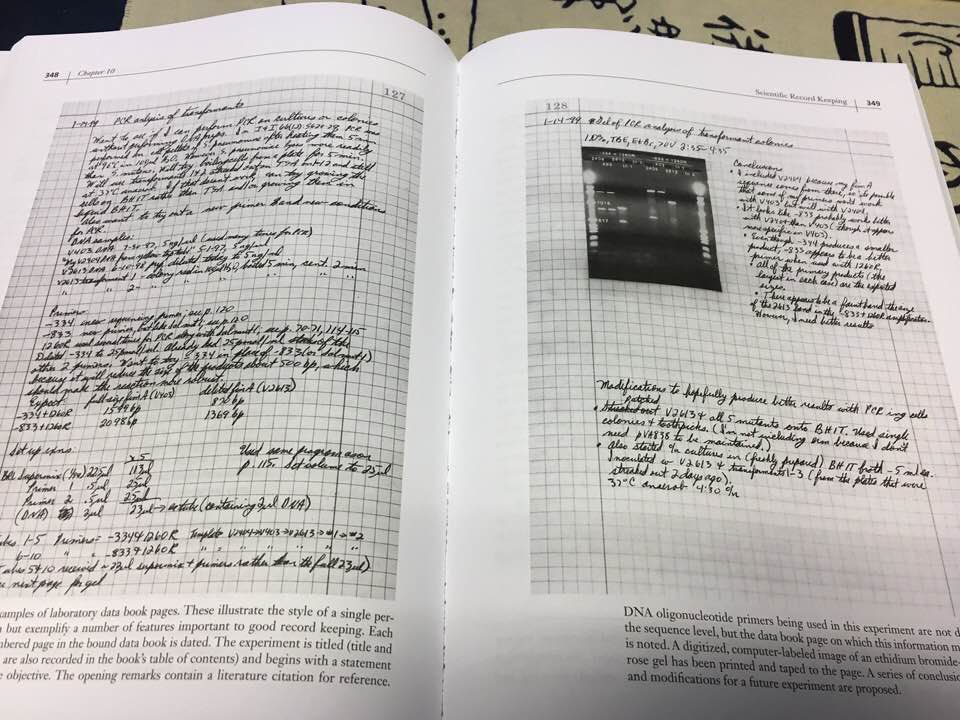Read this first
Discovering an Error
Case Study 03: Discovering an Error
Two young faculty members—Sakura, an epidemiologist in the
medical school, and Takeru, a statistician in the mathematics
department—have published two well-received papers about the spread of
infections in populations. As Takeru is working on the simulation he has
created to model infections, he realizes that a coding error has led to
incorrect results that were published in the two papers. He sees, with
great relief, that correcting the error does not change the average
time it takes for an infection to spread. But the correct model
exhibits greater uncertainty in its results, making predictions about
the spread of an infection less definite.
When he discusses the problem with Sakura, she argues against sending
corrections to the journals where the two earlier articles were
published. “Both papers will be seen as suspect if we do that, and the
changes don’t affect the main conclusions in the papers anyway,” she
says. Their next paper will contain results based on the corrected
model, and Takeru can post the corrected model on his Web page.
1.What obligations do the authors owe their professional colleagues to correct the published record?
2.How should their decisions be affected by how the model is being used by others?
3.What other options exist beyond publishing a formal correction?
+++++++++++++++++++++++++++++++++++++++++++++++++++++++
Japanese edition03 Research_Ethics03.html
+++++++++++++++++++++++++++++++++++++++++++++++++++++++
|
Draft of my commentaries 1. Scientists are solely loyal to the truth: It has been well known since Robert K. Merton (1910-2003) pointed out in his book on the historical sociology of science that scientists are exclusively loyal to the truth. From this point of view, it is clear that it is not "right" for Sakura to suggest to Takeru that it is okay to neglect the revision. 2. If we follow Merton's frown, however, we can make the
sociological point that the "quality of allegiance" to scientific truth
between Sakura, the epidemiologist, and Takeru, the expert in
computational simulation, may be different. 3. However, it is not hard to understand that Takeru is a computational geek and decides that he can just casually upload his work to the web, while Sakura "defensively" tries to hide the errors in her analysis in order to lower the social reputation of her impatient and somewhat cited paper. 4. What Sakura and Takeru need to do here is to report to the editor of the previous paper their own findings of flaws or errors in their paper, and to state that they are prepared to defend the validity of their work as it could be if corrected. (This is the explanation for your paper. (This is called being accountable for your paper.) |
Notes: This case example is cited and codified from "US National Academy of Sciences, On Being a Scientist: A Guide to Responsible Conduct in Research: Third Edition, 2009."
Links
Bibliobraphy

Example of Labo-Notes, Laboratory Notes, from Scientific
integrity : text and cases in responsible
conduct of research / Francis L. Macrina, ASM , 2014
Copyleft, CC, Mitzub'ixi Quq Chi'j, 1997-2099